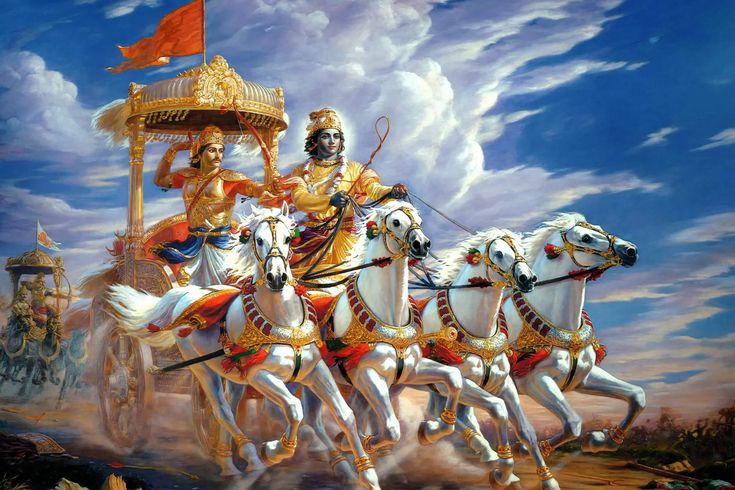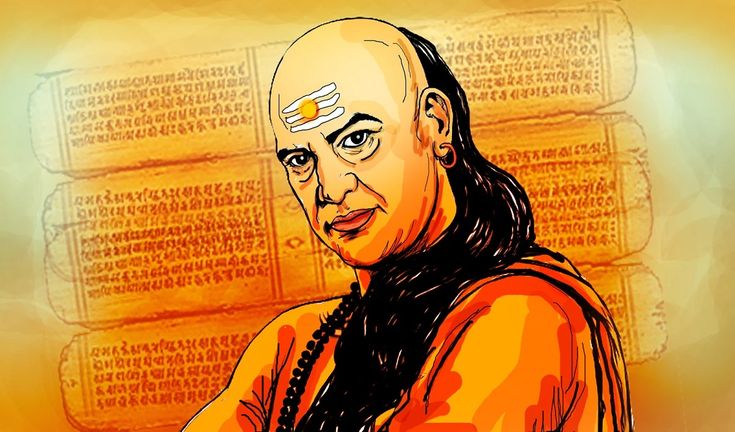Tales of treasure hunts often lead us to dusty old books, cold corporate boardrooms, or the latest app. But what if we told you that the key to unlocking financial wisdom might be hidden in the pages of ancient epics, the frames of Bollywood hits, and the folds of India’s economic history? Buckle up, because we’re about to embark on a thrilling journey through the realms of unconventional financial enlightenment.
Literary Odyssey: Mahabharata’s Wealthy Saga

The Mahabharata, through the stories of the Pandavas, Kauravas, and Draupadi, offers profound insights into financial principles. From Yudhishthira’s strategic planning to Duryodhana’s cautionary tale about the perils of greed and Draupadi’s financial resilience, these narratives provide timeless lessons applicable to the complexities of modern financial management.
In the Bhishma Parva (Book of Bhishma), Yudhishthira imparts valuable wisdom on the importance of saving for the future. The extract is as follow –
“One should save money against hard times, save one’s wife against the day of woe, but in matters of virtue one should not save anything, for in matters of virtue preservation is impossible. Virtue should be spent profusely. Everything, however, should be stored for use in proper place and time.“
Draupadi, the common wife of the Pandavas, is symbol of empowerment. After facing public humiliation in the Kuru court, forced to go to exile along with Pandavas. Draupadi’s ability to adapt to changing financial circumstances is notable. From the opulence of the court to the challenges of exile, she displayed resilience and adaptability. This underscores the importance of adaptability in financial planning, especially during unexpected downturns.
Arthashastra (Kautilya’s Arthashastra) – Ancient Indian Text on Economics and Statecraft

The must read book for every finance and economics enthusiastic. It is an ancient Indian treatise on economics, politics, and statecraft. While its primary focus is on governance, it contains principles that can be applied to personal finance. The text highlights the importance of being diligent and strategic in financial matters, which can be encapsulated in a paraphrased proverb:
“The wise person plans diligently and manages resources with care, securing a prosperous future through thoughtful financial stewardship.”
It promotes saving and prudence. The text discusses the concept of “Varta,” which includes economic activities and trade. This can be interpreted as an encouragement for individuals to invest in productive assets and engage in economic activities to generate wealth.
Financial Wisdom Unveiled: Glean Valuable Insights from ‘Taarak Mehta Ka Ooltah Chashmah’ for a Prosperous Life

“Taarak Mehta Ka Ooltah Chashmah” is a popular Indian television sitcom that primarily focuses on the lives of the residents of Gokuldham, a society in Mumbai. It embracing simplicity in lifestyle choices can contribute to financial well-being.
The residents of Gokuldham Society is often showcase the strength of community support during financial challenges. It promotes to Build a support system and explore community-based savings or investment groups for mutual financial benefits.
Jethalal’s entrepreneurial ventures highlight the potential of business for financial independence. Explore entrepreneurial opportunities, side businesses, or investments aligned with skills and interests.
Bhide consistently avoids debt and demonstrates responsible borrowing. On one occasion, when Madhavi (Bhide’s wife) faced financial difficulties, Daya lent her some money. Bhide prioritized debt repayment, steered clear of unnecessary borrowing, and focused on living within their means to prevent financial strain.
3 Idiots’ – Chasing Passion Over Money

The Bollywood film ‘3 Idiots’ underscores the importance of pursuing one’s passion instead of blindly adhering to societal expectations. In the Indian context, where traditional career paths are often deeply esteemed, the movie advocates for individuals to opt for careers aligned with their passions. Financial success, the movie suggests, frequently accompanies sincere dedication to one’s true calling. The key lesson is to prioritize personal fulfillment, allowing financial success to naturally unfold as a byproduct of genuine effort and dedication.
Learning about money doesn’t only come from traditional places. Books, movies, and stories from the past can teach us a lot about handling our finances. For example, in the Mahabharata, we see how managing wealth ethically is important. Similarly, the movie ‘3 Idiots’ tells us that it’s okay to follow our passions rather than just doing what everyone expects. These lessons help us in our personal finance journey. So, let’s get inspired by these unexpected sources and make our money journey happy and successful.



